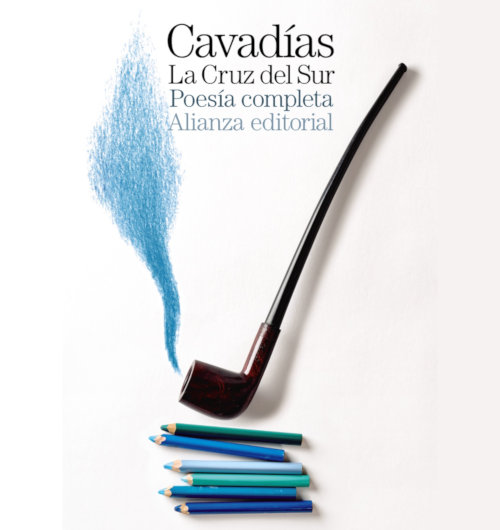 Three muses
Three musesKolhachakk, Bihar
The three sisters live in a Bihar village - Kolhachakk, about an hour outside of Patna.
Each one is named with a variation of the word "kumari" (maiden or virgin princess) - "Shonakumari," "Ratnakumari," "Vidyakumari."
In a region where older ladies (by that, I mean old enough to be married and wear a sari, which is about sixteen) are obliged to cover their mouths and shy away from the camera, these young ladies looked boldly into my lens with confident smiles.
They live in a traditional joint household, several oblong wings surrounding a central courtyard. Three generations (25 people) dwell under that corrugated tin roof. The Kumaris are lucky - they have their own family well nearby and don't have to go far for water.
The festive buntings in the background are left over from Saraswati Puja (Vasant Panchami), a winter time holiday honouring the goddess of learning.
I have fantasies of returning to dusty Kolhachakk and bringing them copies of this photo.













